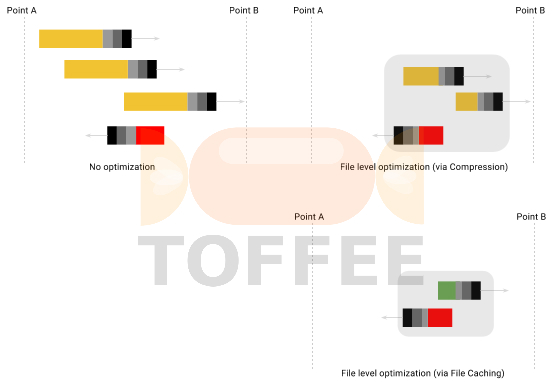RESEARCH 》 Replacing in Lab Intel Core i7 5820K Desktop PC with Intel Celeron 1037U Mini-PC
As a research experiment I replaced my Intel Core i7 5820K desktop PC with my Intel Celeron 1037U Mini-PC as my everyday desktop system. This is an attempt to reduce my overall monthly power consumption. As well an attempt to do feasibility tests and research to know how far Mini PC will dominate the market in future and to study the real potential of Mini PCs (such as Intel NUC, Intel Compute stick and so on). For few cases I can still choose to use my high-end desktop such as kernel builds via remote SSH terminal connection, etc. But choose to use Mini-PC as a regular desktop for all basic workloads. And sometimes for simple software development such as user-space components and GUI modules.
A laptop can be used instead of a Mini-PC, but the laptops in my lab are being used as a dedicated compact test systems already. And sometimes a Mini-PC is a better choice than a laptop, since when you purchase a laptop you need to buy entire package (such as the RAM, Harddrive, inbuilt monitor/screen etc). But a Mini-PC gives the choice, flexibility and it is modular unlike a laptop. Hence a Mini-PC is cost effective.
As a part of my research I am recording my lab's monthly power consumption. And I hope after this change I can see the difference in the power consumption. For more details visit the article: Recording Lab Monthly power-consumption readings for research
I measured with a kill-a-watt meter the power-consumption characteristics of this Mini-PC vs Core i7 desktop. When you compare there is huge difference between Mini-PC vs high end desktop especially a simple regular work-load. So for extreme work-loads a high-end desktop is perfect such as kernel builds, etc but for everyday casual computing a Mini-PC is just perfect. For more details visit the article: Power consumption of my Home Lab devices for research
For more details kindly watch my Youtube VLOG below:
| 💎 TOFFEE-MOCHA new bootable ISO: | Download |
| 💎 TOFFEE Data-Center Big picture and Overview: | Download PDF |
Saturday' 13-Mar-2021
Featured Educational Video:
Research :: Optimization of network data (WAN Optimization) at various levels:

Learn Linux Systems Software and Kernel Programming:

Hardware Compression and Decompression Accelerator Cards:

TOFFEE-DataCenter on a Dell Server - Intel Xeon E5645 CPU:







